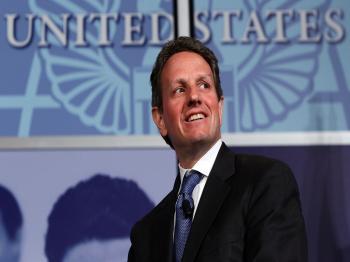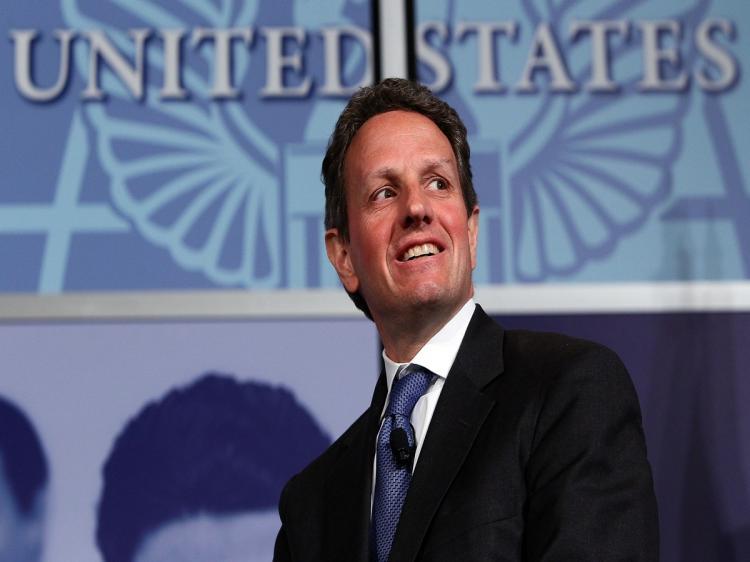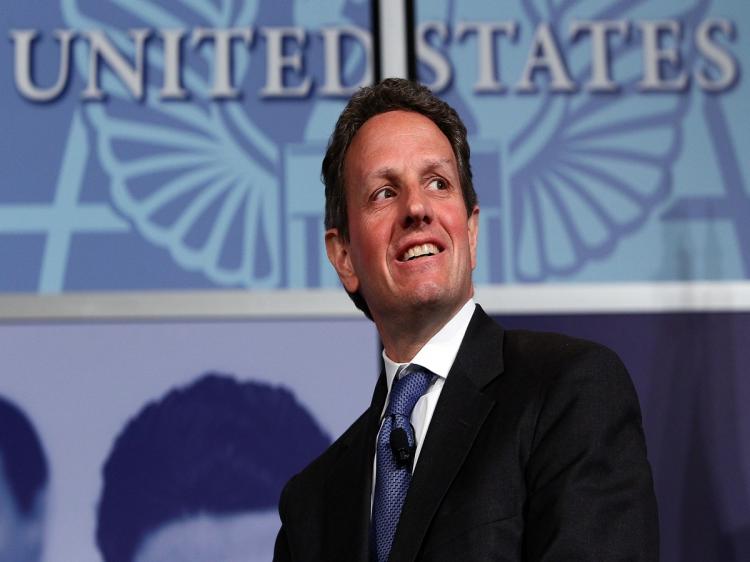CHICAGO—Although Treasury Secretary Timothy Geithner has said that the economy has pulled out of free fall, families continue to face foreclosure, and there is a significant rise in the number of long-term unemployed. As of March 2010, the Bureau of Labor Statistics reported that more than 44 percent of jobless workers had been without employment for six months or more—a figure that has doubled since December 2008.
The impact of recent economic losses on families will continue for many years to come, according to the Council on Contemporary Families (CCF). The group recently released a report in preparation for its upcoming conference at Augustana College in Rock Island, Ill.
The CCF report reveals that a number of problems are on the rise for families who have been hurt by the economic downturn. These families experienced a rise in chronic stress and anxiety and domestic abuse. According to a recent study by the Pew Research Center, a decline in fertility rates has also been linked to the recession. Meanwhile, many of these families are forced to forgo medical care for financial reasons.
“Recent economic trends have created emotional deficits and health crises, as well as financial ones, in American families,” said the report’s co-author Stephanie Coontz, Director of Research and Education for the Council and professor of History at The Evergreen State College, in a news release. “Our report shows that the impact on personal lives has been severe and is likely to be long-lasting.”
The number of families experiencing these trends appears to be growing. For example, a December 2009 survey found that 44 percent of families experienced either the job loss of one or more members, a reduction in hours, or a pay cut over the past year.
While the official unemployment rate is around 10 percent, economists found that factoring in discouraged workers raised the number to almost 18 percent, the highest figure since the 1930s.
The report finds that children face a number of problems due to living with a parent who has lost a job. Such children are found to show a significant loss in short-term memory by age 17. On average, living through a parent’s unemployment increases a child’s chance of being held back in school by 15 percent.
In addition, children who fall into poverty during recessions are three times more likely to be poor as adults than children who do not experience poverty. The report also states that individuals in their 20s who experience extended periods of unemployment are more likely to develop depressive symptoms, and may even become heavy drinkers by the time they are middle-aged, regardless of their prior psychological history or drinking patterns.
Long term job loss can even be fatal. The CCF, a nonprofit organization of family researchers based at the University of Illinois in Chicago, found that in earlier recessions, job loss was linked to a 15 to 20 percent increase in death rates during the following 20 years.
The impact of recent economic losses on families will continue for many years to come, according to the Council on Contemporary Families (CCF). The group recently released a report in preparation for its upcoming conference at Augustana College in Rock Island, Ill.
The CCF report reveals that a number of problems are on the rise for families who have been hurt by the economic downturn. These families experienced a rise in chronic stress and anxiety and domestic abuse. According to a recent study by the Pew Research Center, a decline in fertility rates has also been linked to the recession. Meanwhile, many of these families are forced to forgo medical care for financial reasons.
“Recent economic trends have created emotional deficits and health crises, as well as financial ones, in American families,” said the report’s co-author Stephanie Coontz, Director of Research and Education for the Council and professor of History at The Evergreen State College, in a news release. “Our report shows that the impact on personal lives has been severe and is likely to be long-lasting.”
The number of families experiencing these trends appears to be growing. For example, a December 2009 survey found that 44 percent of families experienced either the job loss of one or more members, a reduction in hours, or a pay cut over the past year.
While the official unemployment rate is around 10 percent, economists found that factoring in discouraged workers raised the number to almost 18 percent, the highest figure since the 1930s.
The report finds that children face a number of problems due to living with a parent who has lost a job. Such children are found to show a significant loss in short-term memory by age 17. On average, living through a parent’s unemployment increases a child’s chance of being held back in school by 15 percent.
In addition, children who fall into poverty during recessions are three times more likely to be poor as adults than children who do not experience poverty. The report also states that individuals in their 20s who experience extended periods of unemployment are more likely to develop depressive symptoms, and may even become heavy drinkers by the time they are middle-aged, regardless of their prior psychological history or drinking patterns.
Long term job loss can even be fatal. The CCF, a nonprofit organization of family researchers based at the University of Illinois in Chicago, found that in earlier recessions, job loss was linked to a 15 to 20 percent increase in death rates during the following 20 years.







